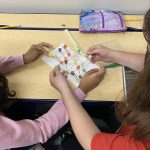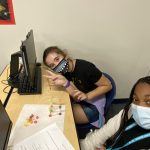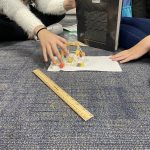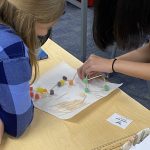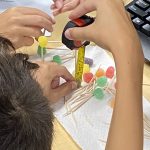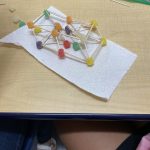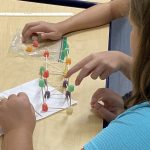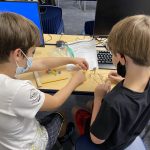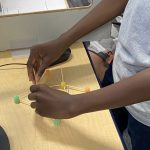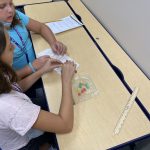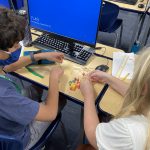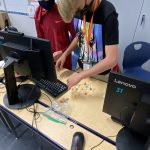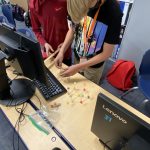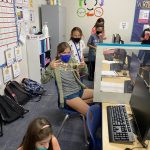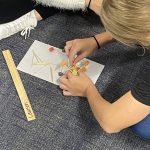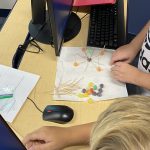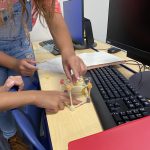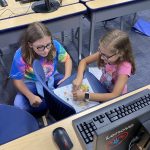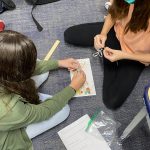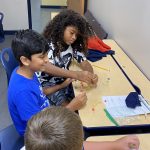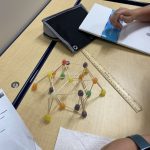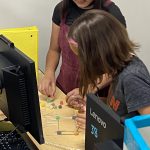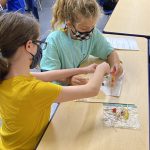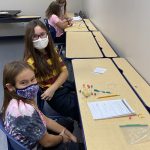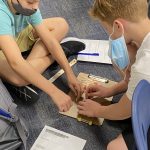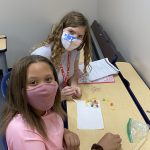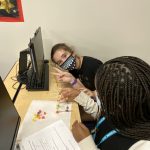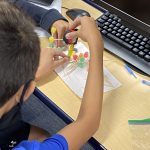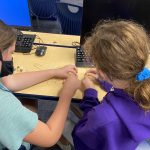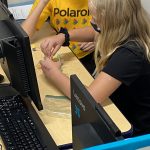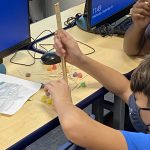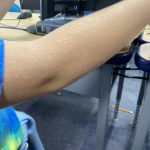Watch this promotional video for what Computer Science Discoveries is all about!!
Most of the work that we will be doing in our class will be done on a platform called Code.org. Students will be given log-in information that is specific to their class period they are assigned to. The units we plan to cover in Code.org are;
- Unit 1: The Problem Solving Process: Problem Solving and Computing is a highly interactive and collaborative introduction to the field of computer science, as framed within the broader pursuit of solving problems. Students will practice using a problem solving process to address a series of puzzles, challenges, and real world scenarios. Next, students will learn how computers input, output, store, and process information to help humans solve problems. The unit concludes with a project in which groups of students design an application that helps solve a problem of your choosing.
- Unit 2: Web Development: Students will learn how to create and share the content on their own web pages. After deciding what content they want to share with the world, they will learn how to structure and style their pages using HTML and CSS. Students will also practice valuable programming skills such as debugging, using resources, and teamwork.
- Unit 3: Interactive Animations and Games: Students will build on their coding experience as they program animations, interactive art, and games in Game Lab. The unit starts off with simple shapes and builds up to more sophisticated sprite-based games, using the same programming concepts and the design process computer scientists use daily. In the final project, students will develop a personalized, interactive program.
- Unit 4: The Design Process: The Design Process unit transitions students from thinking about computer science as a tool to solve their own problems towards considering the broader social impacts of computing. Through a series of design challenges, students are asked to consider and understand the needs of others while developing a solution to a problem. The second half of the unit consists of an iterative team project, during which students have the opportunity to identify a need that they care about, prototype solutions both on paper and in App Lab, and test their solutions with real users to get feedback and drive further iteration.
- Unit 6: Physical Computing: In the Physical Computing unit, students further develop their programming skills, while exploring more deeply the role of hardware platforms in computing.
Certifications!!
In addition to the work in Code.org, which is very hands-on and interactive we will be engaging in some independent study on a site called uCertify. During the course of the year we are going to work towards receiving ICT industry certifications in the following areas;
- Computing Essentials
- Web Design Essentials
- Programming & Logic Essentials
Optional/Available: (individual consideration)
- Gaming Essentials


